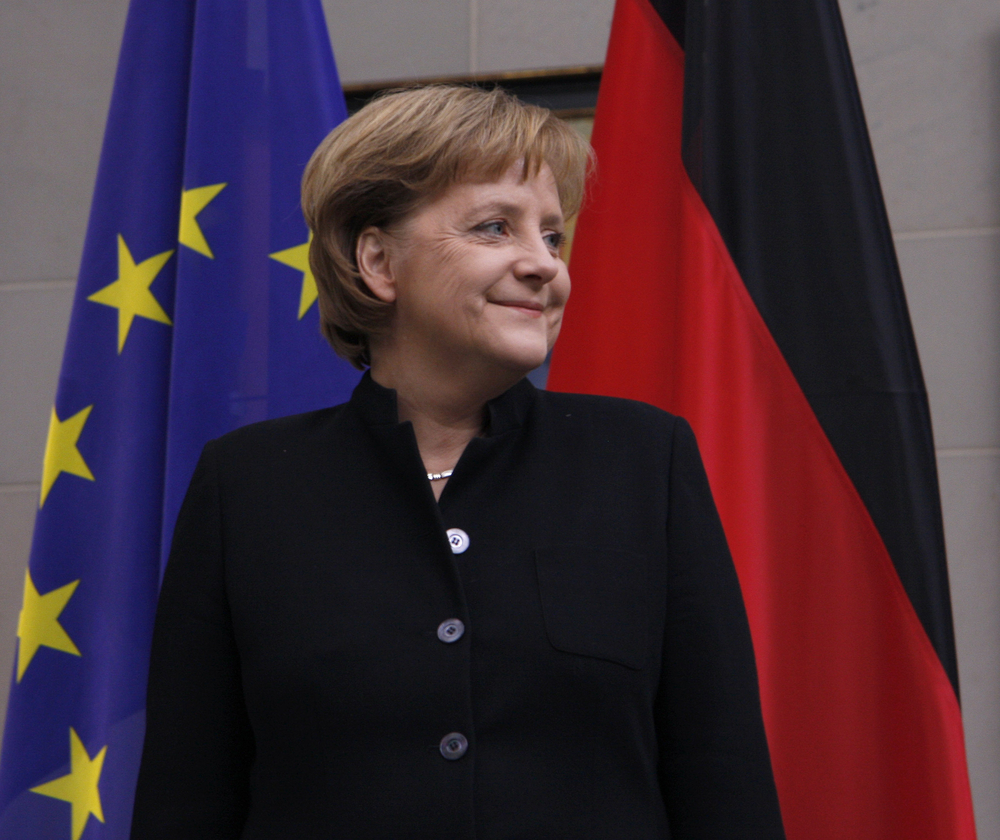15 Jul 2013 | Burma
“In the past political art was very easy – ‘this government is bullshit’ – but now due to the transition period and role of Aung San Suu Kyi in government it’s more complex, people are wary of making sweeping statements.”[21]
The abolition of pre-censorship in the print media has created a more widespread relaxation of pre-censorship including for other artistic forms. Artists were clear that the situation had improved significantly since the beginning of the transition, in particular there was more freedom to criticise the military and the USDP. One clear indicator of the greater openness was demonstrated by The Art of Transition symposium co-produced by Zarganar’s company HOME (House of Media and Entertainment) and Index. The symposium, which was a licensed event, was the first cross art form debate about artistic freedom of expression in the country.
(more…)
15 Jul 2013 | Burma, Digital Freedom Reports
Real improvements have been made that strengthen digital freedom of expression in Burma from ending the blocking of Skype calls, to restrictions on internet cafe use being lifted and a reduction in SIM costs which will open up access to the internet and mobile telecoms. However, the legal framework remains largely unchanged during the transition to civilian government, in particular the draconian Electronic Transactions Act which contains many restrictive provisions on internet use. Built into the network infrastructure there are physical restraints on the internet in Burma with only one internet gateway for personal users allowing the possibility of deep packet inspection and web filtering. Upload speeds in Burma remain slow and the country’s mobile telephone and internet usage is one of the world’s lowest, which affects the dissemination of information. It is also alleged that activists’ email accounts have been hacked by the state. While in practice the internet and internet activists are considerably freer than a year ago, in theory they are still liable to lifetime prison sentences for the political use of email accounts. Without legal reform and technical reform, digital freedom of expression will remain chilled and mobile and internet use will continue to be highly limited.
(more…)
15 Jul 2013 | Burma
Burma has made significant advances during the transition period, with progress across all the categories of this report: politics & society, media freedom, artistic freedom and digital freedom. The situation in the country has significantly improved since the beginning of the transition.
Underpinning the increased freedom of expression are the significant political changes that have seen the release from house arrest of Aung San Suu Kyi and the election of NLD parliamentarians during the 2012 by-elections. The release of Aung San Suu Kyi, the regime’s most high-profile critic and political opponent, and other political prisoners was seen as a public signal to the Burmese people and civil society that the transition to civilian government was a possibility and that the government would tolerate dissent to greater latitude than in the past. Beyond this, a number of concrete advances have been made for freedom of expression including the abolition of the censorship boards, the end to the filtering of social networks and VOIP telecommunications, the return of daily newspapers and the greater latitude given to political expression, press comment and artistic expression by government officials.
(more…)
15 Jul 2013 | Europe and Central Asia, News
German chancellor Angela Merkel has called for more stringent EU data protection rules, after allegations that US surveillance programmes have also impacted EU citizens. Sara Yasin reports
In an interview with ARD television yesterday, the German leader called for privacy rules that apply to all member states, as online companies are currently only required to follow legislation where they are registered. Facebook, for example, is registered in Ireland and is only required to follow Irish privacy laws.
Merkel also told ARD that she expects the United States to abide by Germany’s privacy laws in the future.
While Merkel has claimed that she learned of US mass surveillance from the media, German daily Bild reported that the country’s foreign intelligence agency (BND) knew about the programme as well as storage of German data for many years now. Bild also reported that data stored was also used by German intelligence to locate citizens kidnapped abroad.
Index, along with English PEN, Open Rights Group, and Article 19 have called on the European Parliament “to support a Data Protection Regulation that helps people regain control of their personal data.”
In a letter sent to Sarah Ludford MEP, a shadow rapporteur on the European Parliament’s data protection dossier, the organisations stressed the importance of control over personal data:
Too often, people do not know how their information will be used, where it will be processed or who will have access to it. This is partly because the principles of the current data protection laws are insufficiently implemented. We believe the new Data Protection Regulation could give people more control over what happens to their information, and ensure those that collect and use data adhere to the rules.
The European Parliament has ordered a probe into allegations that the United States has spied on EU citizens and diplomats. The Civil Liberties Committee will hold an inquiry, and plans to release a report by the end of this year.
Sara Yasin is an Editorial Assistant at Index. She tweets from @missyasin

